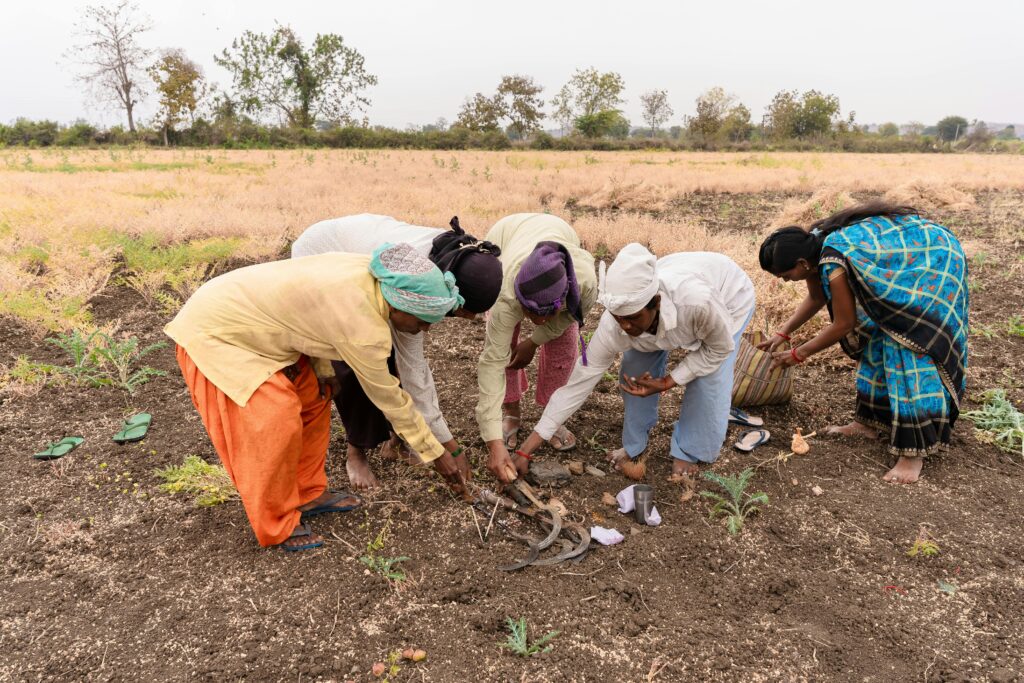

Food security is a fundamental pillar of national stability and development. As global supply chains face disruptions and populations grow, nations must prioritize domestic food production to ensure sustainable access to nutritious food for their citizens. Equipping local farmers with the right tools, technology, and knowledge can transform agricultural productivity, reduce reliance on imports, and drive economic growth.
In this post, we explore the importance of strengthening national food production, challenges faced by farmers, and practical strategies to enhance food self-sufficiency.
Producing food locally has numerous advantages:
Food Security: Reduces dependence on global markets and price fluctuations.
Economic Growth: Creates jobs and boosts local economies.
Despite these benefits, many countries struggle with food production due to lack of investment, poor infrastructure, and climate change impacts. Addressing these challenges is crucial for long-term food sustainability.
Equipping the production of our own food is essential for national security, economic growth, and environmental sustainability. By investing in technology, infrastructure, and supportive policies, we can create a resilient food system that not only feeds the nation but also contributes to global food security.
LAOF provides critical relief and safeguards the lives of families facing crisis.
Millions of children go to bed hungry every night. Your support can change that. With just one meal, you provide hope, nourishment, and a brighter future.